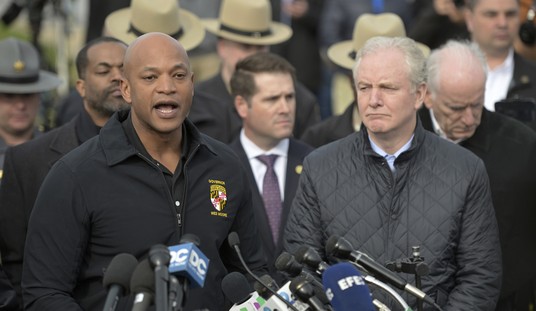One of the stable of writers at Huffpo is getting the Left all up in arms over the latest complaint from the ACLU. This week, the new topic of outrage is drones, but not the ones flying over Afghanistan. (At least not today.) They’re more concerned with the idea of domestic law enforcement using the new technology to fight crime. Because they’re way worse than helicopters or something.
As drone regulation legislation works its way through Congress and the 30 (so far) state legislatures where it has been introduced, one question that we hear a lot these days is, “we’ve had police helicopters for a long time, what’s so different about drones?”
For one thing, police helicopters do raise privacy issues. Because of the expense of using manned police aircraft, privacy invasions have not risen to the level that legislators have felt compelled to address them, but incidents do happen. In 2005, for example, a police helicopter supposedly monitoring a street protest in New York City instead trained its infrared camera for a prolonged period on a couple making love on a pitch-black rooftop patio. Any police helicopter that followed a citizen around town for no reason, or hovered over the backyard of innocent homeowners whose daughter was sunbathing with her friends, would probably draw complaints. With drones, scenarios like those are bound to happen much more frequently. And that’s because there are some critical distinctions between manned and unmanned aircraft.
Before we even get to the “differences” cited in the article, it should be pointed out that the above paragraph is total hogwash in terms of expressing concerns regarding government overreach via technology. The examples cited are not cases of the police using helicopters to further an investigation by short circuiting any citizen’s rights. They’re examples of rogue officers breaking the law themselves. It’s certainly bad, but this is not a matter of public policy. It’s a case of a few bad apple law enforcement officials going off the reservation. (Yes, I’m still using that phrase. No, it’s not racist. Deal with it.)
Now, as to the “reasons” why drones are worse than helicopters.
1. Drones erase “natural limits” on aerial surveillance
Manned helicopters and fixed-wing aircraft are expensive to acquire, staff, and maintain. A police helicopter costs from $500,000 to $3 million to acquire, and $200-$400 an hour to fly…
With drones, on the other hand, it’s easy to foresee a day when even a professional police drone could be acquired for less than a hundred dollars, including maintenance costs.
How is this even germane to a discussion of privacy rights and limits on law enforcement? Because helicopters cost too much? Technology tends to get smaller and cheaper over time. That’s just a given. Either the police have the right to view activities from the air or they don’t. And it’s been long established that your reasonable expectation of privacy is vastly diminished once you step outside your door and go out in public where you can be seen by anyone, including the cops.
2. Drones make new forms of privacy invasion possible
In addition, there are some kinds of privacy invasion that are only possible with drones. For example, micro-drones maneuvering into intrusive places; even the smallest manned helicopter can’t fly into a garage or hover unseen outside a third-story bedroom window. Or (as I’ve written about before), the fact that drones can be silent; the loud noise a helicopter makes serves as a crude kind of “notice” that one may be under surveillance from the air. Silent or high-flying drones that can’t be heard provide no such notice.
There are two parts to this one. Is it legal for the police to use a drone to hover outside your window and peer inside? We’ll need to ask some of the lawyers int he crowd about that one. Can they use high power telescopes to look in your windows from afar? Could they do it from a helicopter with binoculars? That seems less a question about technology than the limits of investigations absent a warrant. As to the noise factor, more hogwash. The noise of a chopper is not built-in as some sort of required warning that you’re being watched. It’s the byproduct of having a huge engine. If they could build a total silent Blackhawk, trust me… they would.
3. Drones’ capabilities are likely to expand even further in the future
The fact that drones are so inexpensive will have another consequence: because so many drones will be out there, and so many people innovating with them, it’s very likely that the technology will develop new capabilities that have never existed for police helicopters.
Bah. The same as with the first “argument” above, this is the growth of technology, not of the surveillance state. It’s bound to happen no matter who is using it.
Should we be banning police from using drones if they can afford them? Seems to me it might have been nice to have a fleet of them around when they were chasing Christopher Dorner a little while back. We might have had a few less people in body bags if we’d had them. In the end, the technology isn’t what should be your concern, it’s the laws behind them. Make sure that the government respects the constitutional rights of law abiding citizens and let them have the tools they need to catch the actual bad guys.








Join the conversation as a VIP Member